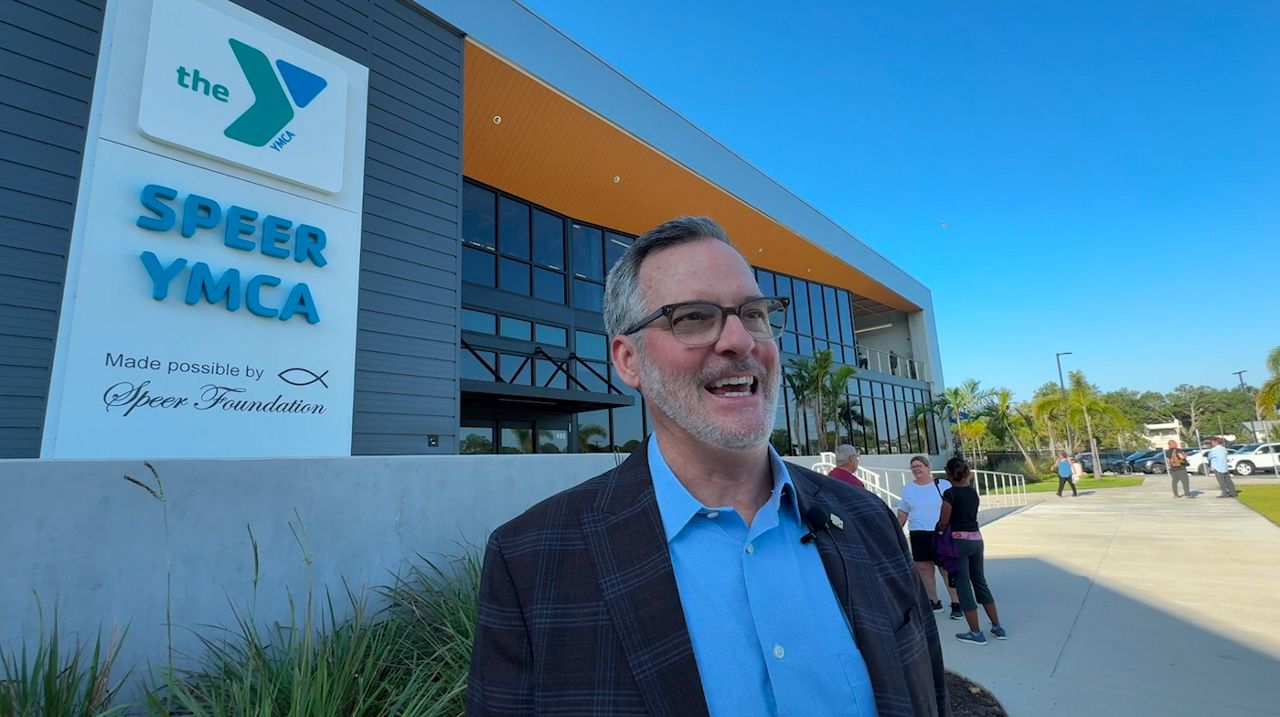TAMPA, Fla. — The American Cancer Society has a new health equity study called, Voices of Black Women. The study will serve as a collective commitment to understanding the health of Black women across the nation.
According to the American Cancer Society, Black women are 60% more likely to die of cervical cancer compared to white women. Breast cancer is the leading cause of cancer death in Black women and they are 40% more likely to die than white women. But why is that? Is it environmental? Genetic?
A new study is aiming to find out.
For cancer survivors like Misha Jones, any kind of cancer study focusing on Black women is important. Especially after her experience with the disease.
In 2020, she was diagnosed with breast cancer. “Triple negative breast cancer, which is one of the most aggressive forms of breast cancer,” she said.
Jones said she has always been healthy and active and caught it early.
“I found my lump myself. I was working out, and after my workout I decided to massage my chest muscles and felt the lump,” she said.
During her chemo treatments and even after having double mastectomy, her questions to her doctors remained.
“What caused this?” she asked. “Why do I have this? And the best answer they had for me is it’s probably environmental. I didn’t have any genetic mutations or anything like that. I did have a history. My maternal grandmother had breast cancer, but I didn’t have any genetic mutations.”
Couple that with her age and health and it leaves a lot of questions — questions that the new study hopes to answer.
Dr. Tiffanny Carson is the co-leader of Health Outcomes and Behavior at Moffitt Cancer Center and she is also working on the Voices study.
“Voices has the opportunity to teach us things so that our children and our grandchildren don’t have to deal with the cancer burden that our current population has to deal with,” Carson said.
She said they’re hoping to enroll 100,000 Black women from across the country to learn more about behaviors, health backgrounds and exposures to track potential causes of cancer.
“The study really entails data collection a couple times per year for a 30-year period. So, it is a huge commitment. But what we hope is that people want their voices to be heard so Black women can be included in research and discovery and ultimately have better health outcomes,” Carson said.
According to ACS, eligible participants must identify as Black, be assigned female at birth or self-identify as women, not have a history of cancer (except basal or squamous skin cancer) and be between the ages of 25 and 55. Enrolled participants will provide informed consent and, over the span of 30 years, answer behavioral, environmental, and lived experience questions through periodic short surveys delivered via a secure online portal.
When working with health studies and minority communities, Carson said she knows it’s a challenge to enroll people. But she’s hoping the representation on the board of directors, as well as people conducting the study, will help build that trust that’s going to be vital to making this successful.









